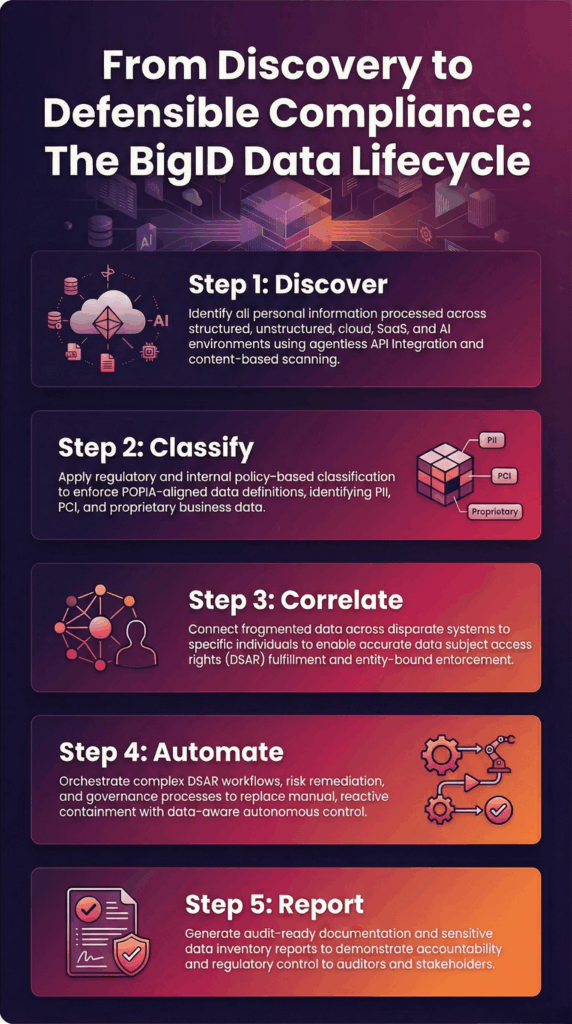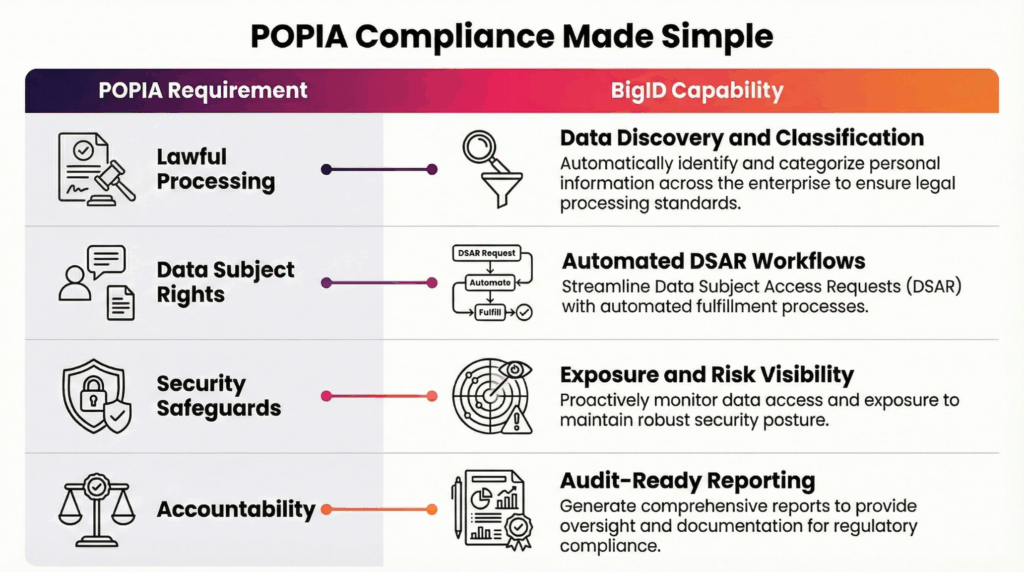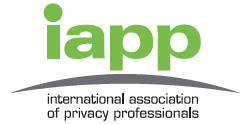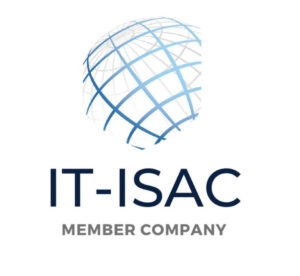Automated Personal Data Discovery
Identify personal and special personal information across:
- Databases and data warehouses
- File shares and collaboration platforms
- Cloud storage and SaaS
- HR and CRM systems
- AI and analytics environments
BigID analyzes data content directly, not just metadata, to reduce blind spots and false positives.









